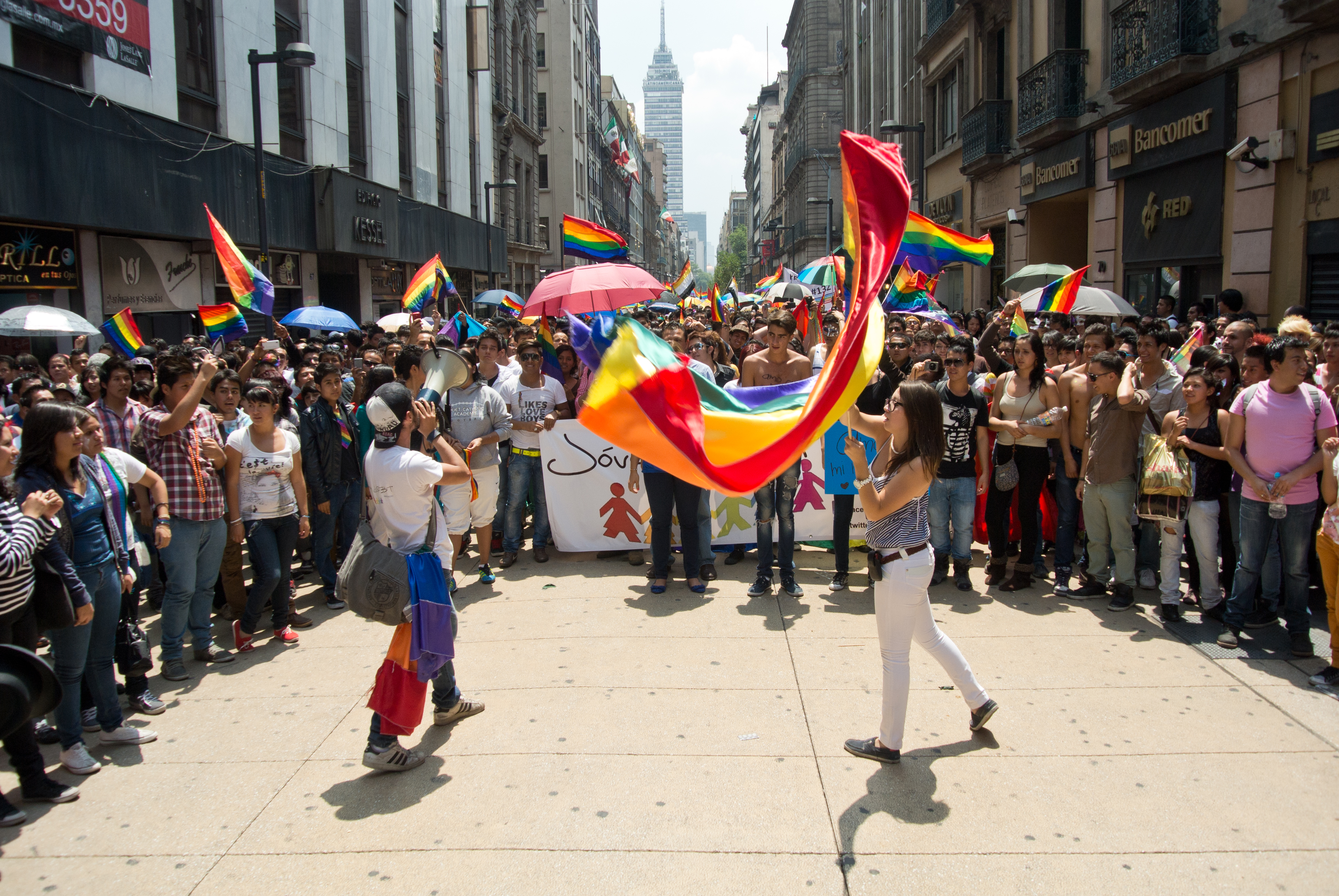The journey to decriminalise gay marriage across Mexico has been long and piecemeal process. The capital, Mexico City (CDMX), was the first state to do so in 2009. In June 2015, Mexico’s Supreme Court ruled that it was discriminatory and unconstitutional to limit legal marriages to heterosexual couples, paving the way for legislative reforms across Mexico’s states. According to Mexico’s constitution, each of the 32 states have the right to determine their own legislation in civil, family, and registration affairs. The decision in Tamaulipas follows a wave of similar rulings this month in the states of Guerrero, Tabasco, Edomex, and Durango.
President of Mexico’s Supreme Court, Arturo Zaldívar, praised the news in Tamaulipas, tweeting that “the entire country is shining with a huge rainbow. Long live the dignity and the rights of all the people. Love is love”. The initiative to reform the state’s civil code was spearheaded by Nancy Ruiz: a legislator from the opposition party, Partido Acción Nacional (PAN). Ruiz celebrated the victory, declaring that “there are no first or second-class people. Everyone must enjoy this right”.
Although the universal legalisation of same-sex marriage represents a significant leap forward, there lies a long road ahead to guarantee equality and combat discrimination and violence against Mexico’s LGBTI community. According to the local platform Visible, 503 reported incidents of verbal, physical, and psychological harassment have been committed against LGBT individuals so far this year across Mexico. 120 incidents took place in the capital (Ciudad de México) alone, followed by the states of Estado de México (76), and Jalisco (64). The attacks disproportionately targeted the younger population, with 322 out of the 503 total cases perpetrated against victims between 12 and 30 years old. Mexico's LGBTI activists will not be putting down their banners anytime soon.















